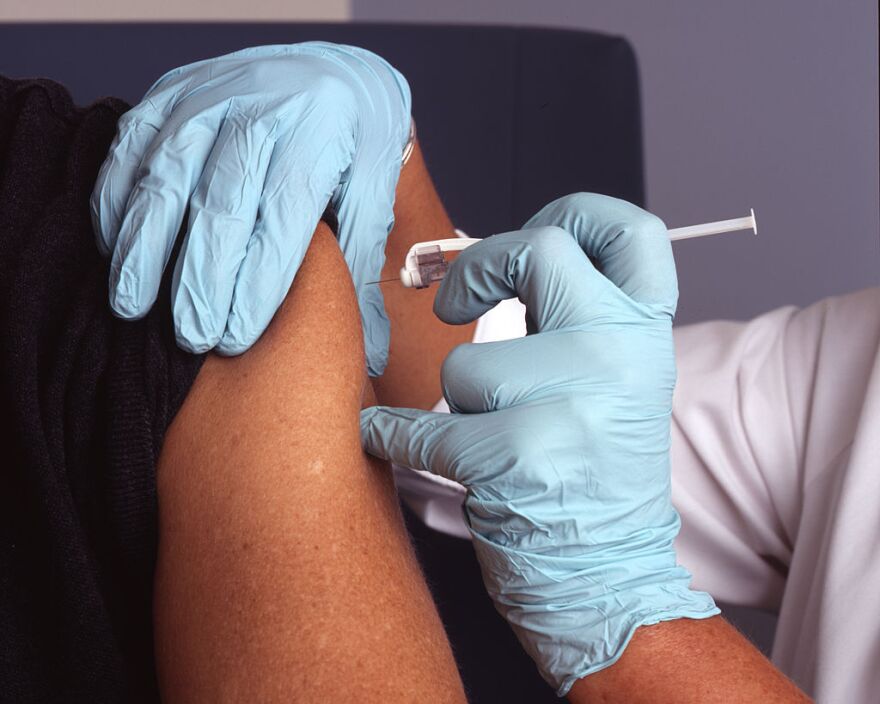Michigan is having a hepatitis A outbreak, and state health officials are encouraging those most at risk of getting it to get vaccinated. But the state also faces dwindling supplies of the hepatitis A vaccine.
There are a handful of outbreaks happening around the country, and Michigan’s is one of the largest. The state reports 526 cases and 20 deaths from the virus since August 2016. So far, there is no identified source for Michigan’s outbreak.
Angela Minicuci, a spokesperson for the Michigan Department of Health and Human Services, says public health agencies are targeting the highest-risk populations in southeast Michigan, where the outbreak is concentrated. But as of last week, they only had about 13,000 vaccine doses to work with.
“So if you’re considering the most populous area of our state, southeast Michigan, and looking at the populations that we’re prioritizing there, we really are very tight,” Minicuci said.
“We are amongst a handful of states closely monitoring when that supply is available so we can get as much as possible, given Michigan’s current outbreak.”
Those at highest risk of getting hepatitis A include drug users, health care workers, the homeless, incarcerated people, men who have sex with men, and those in close contact with any of those populations. The disease flourishes in places with poor sanitation, and in Michigan’s case appears to be spreading largely person-to-person.
Minicuci says the state is unlikely to get more vaccine supplies until early next year. That’s because there are only two makers of the hepatitis A vaccine, and one of them won’t start manufacturing again until the first quarter of 2018. “We are amongst a handful of states closely monitoring when that supply is available so we can get as much as possible, given Michigan’s current outbreak,” she said.
For now, no one who wants the hepatitis A vaccine will be refused one. But the focus is on getting what remains to adults at the greatest risk, including people with chronic liver disease or other underlying conditions that can make the virus more deadly.
“We really want to make sure that we’re vaccinating those who are most likely to be at risk,” Minicuci said. “Certainly, if someone has a concern, we would recommend they talk to their health care provider about determining what their risk is, and whether or not they should get vaccinated.”
Minicuci says there is no shortage of the children’s hepatitis A vaccine, which is given during routine childhood immunizations.






